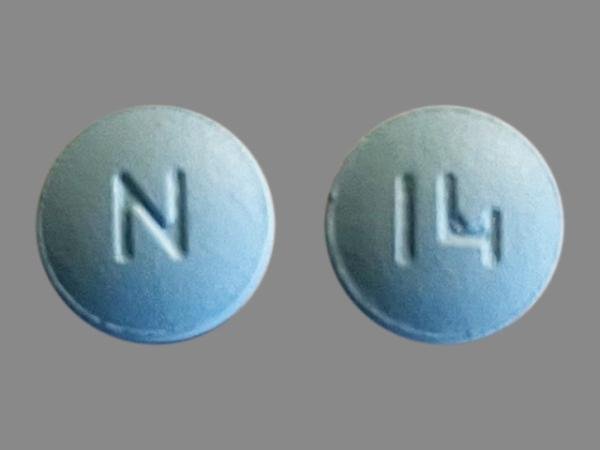Teriflunomide Interactions
There are 750 drugs known to interact with teriflunomide, along with 9 disease interactions, and 3 alcohol/food interactions. Of the total drug interactions, 558 are major, 181 are moderate, and 11 are minor.
- View all 750 medications that may interact with teriflunomide
- View teriflunomide alcohol/food interactions (3)
- View teriflunomide disease interactions (9)
Most frequently checked interactions
View interaction reports for teriflunomide and the medicines listed below.
- Adderall (amphetamine / dextroamphetamine)
- Advil (ibuprofen)
- Aimovig (erenumab)
- Ajovy (fremanezumab)
- Ambien (zolpidem)
- Brilinta (ticagrelor)
- Copaxone (glatiramer)
- Crestor (rosuvastatin)
- Cymbalta (duloxetine)
- Eliquis (apixaban)
- Emgality (galcanezumab)
- Ethyl Alcohol (ethanol)
- Fish Oil (omega-3 polyunsaturated fatty acids)
- Flonase (fluticasone nasal)
- Humira (adalimumab)
- Kesimpta (ofatumumab)
- Lyrica (pregabalin)
- Myrbetriq (mirabegron)
- Norco (acetaminophen / hydrocodone)
- Nurtec ODT (rimegepant)
- Probiotic Formula (bifidobacterium infantis / lactobacillus acidophilus)
- Provigil (modafinil)
- Synthroid (levothyroxine)
- Tecfidera (dimethyl fumarate)
- Ubrelvy (ubrogepant)
- Vitamin B12 (cyanocobalamin)
- Vitamin C (ascorbic acid)
- Vitamin D3 (cholecalciferol)
- Vyvanse (lisdexamfetamine)
- Xarelto (rivaroxaban)
Teriflunomide alcohol/food interactions
There are 3 alcohol/food interactions with teriflunomide.
Teriflunomide disease interactions
There are 9 disease interactions with teriflunomide which include:
- infections
- PML
- hepatotoxicity
- hypertension
- immunosuppression
- peripheral neuropathy
- respiratory complications
- tuberculosis
- vaccination
More about teriflunomide
- teriflunomide consumer information
- Compare alternatives
- Pricing & coupons
- Reviews (89)
- Drug images
- Side effects
- Dosage information
- During pregnancy
- Drug class: selective immunosuppressants
- Breastfeeding
- En español
Related treatment guides
Drug Interaction Classification
| Highly clinically significant. Avoid combinations; the risk of the interaction outweighs the benefit. | |
| Moderately clinically significant. Usually avoid combinations; use it only under special circumstances. | |
| Minimally clinically significant. Minimize risk; assess risk and consider an alternative drug, take steps to circumvent the interaction risk and/or institute a monitoring plan. | |
| No interaction information available. |
See also:
Further information
Always consult your healthcare provider to ensure the information displayed on this page applies to your personal circumstances.


